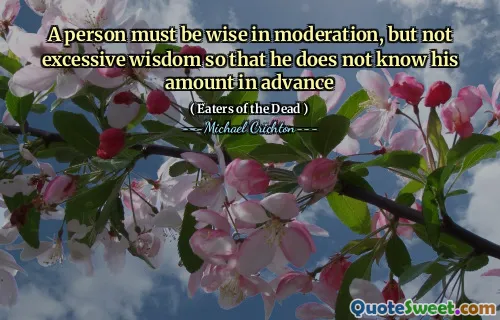It's the truth, even if it didn't happen......if they don't exist, how can a man see them?
"One Flew Over the Cuckoo's Nest" by Ken Kesey explores themes of reality and perception. The quote, "It's the truth, even if it didn't happen," suggests that subjective experiences can hold significance, regardless of their factual basis. This reflects the idea that individuals can create their own truths through their convictions and emotions, emphasizing the power of the mind in shaping one’s understanding of reality.
The second part of the quote, "if they don't exist, how can a man see them?" raises questions about existence and visibility. It implies that the unseen may still influence individuals, challenging the notion that only tangible things are real. Together, these ideas highlight the complex relationship between reality, perception, and the importance of personal belief in understanding one's world.





